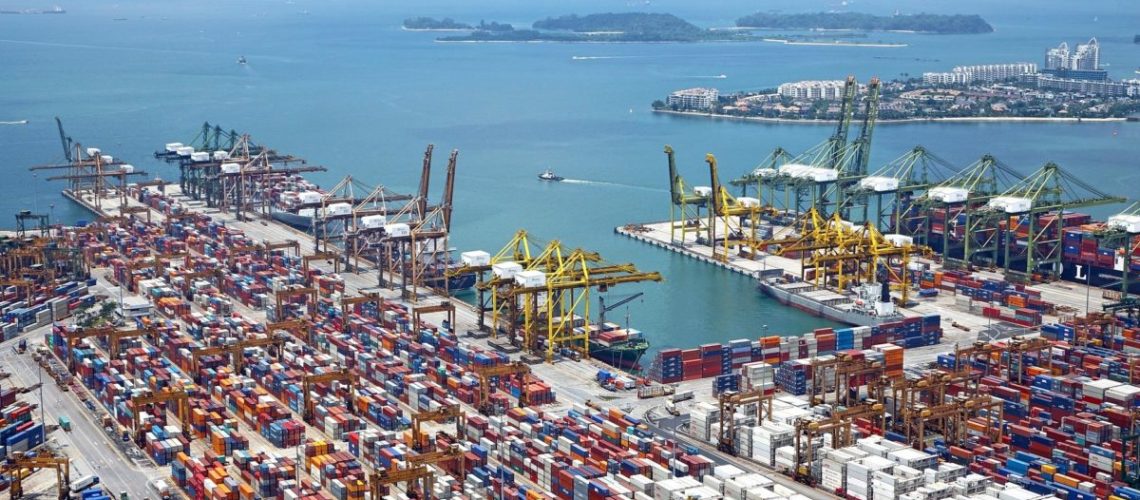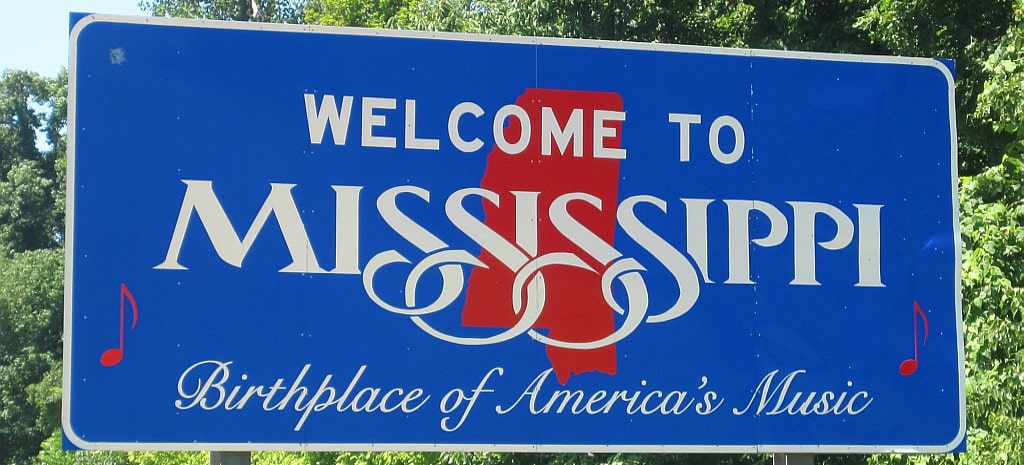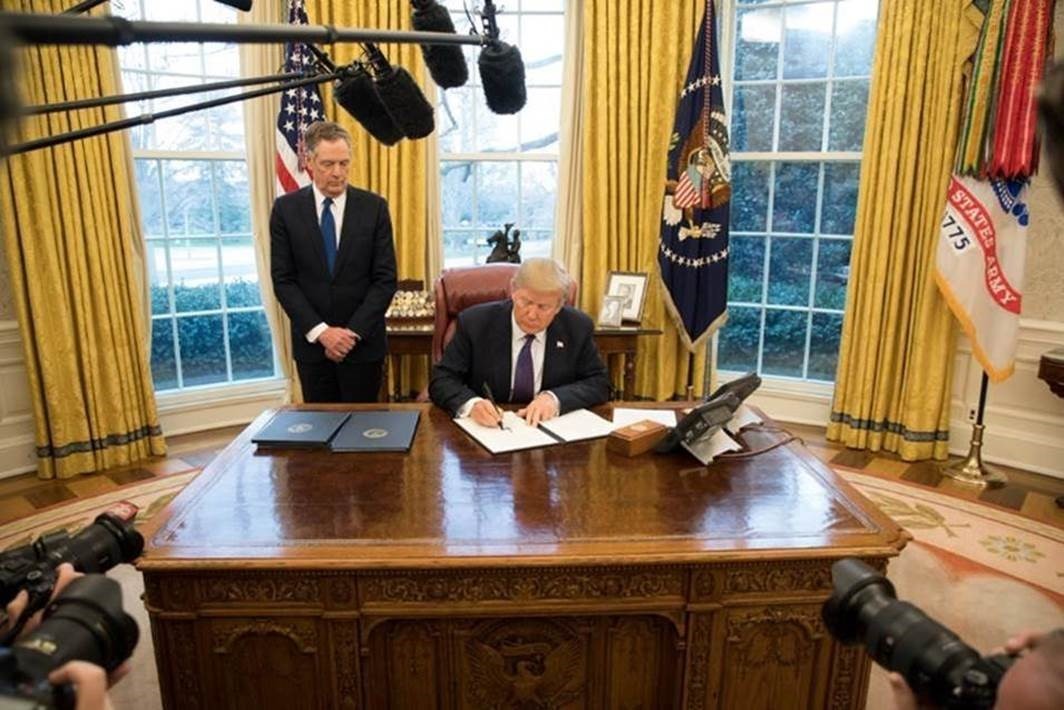The Solar Energy Industries Association (SEIA) submitted a draft industry standard to help companies comply with Customs and Border Patrol (CBP) traceability requirements for solar component imports.
The Solar Energy Industries Association (SEIA) has released a draft industry standard document designed to increase supply chain transparency and help solar component importers be compliant with U.S. laws.
The standard, called Standard 101, can help importers ensure they are compliant with U.S. Customs and Border Patrol requirements. SEIA developed the standard based on real-world examples of solar product shipments that were detained and released by customs officials and includes input from numerous stakeholders, including manufacturers, developers, and third-party auditors.
“As we build out domestic manufacturing up and down the supply chain, this standard will help to ensure all solar and storage products installed in the United States meet the highest ethical standards,” said SEIA president and CEO Abigail Ross Hopper.
Between import tariffs, antidumping and countervailing duty laws, the Uyghur Forced Labor Prevention Act (UFLPA), and other requirements, there is a complex web of U.S. trade enforcement importers must navigate to reach the U.S. market. The SEIA standard serves as a guide through the complex environment.
Standard 101 is applicable to both companies and products, supporting developers and manufacturers through supply chain mapping and tracking. Manufacturers can use the standard to certify an individual product as well as their business. Once the standard is published, SEIA will work with third-party auditors to certify that the provenance of a product has been properly tracked. Similarly, a manufacturer can have its supply chain management system certified by SEIA as well.
“This standard is part of SEIA’s broader efforts to build a strong foundation for the industry and thoughtfully address near- and long-term challenges, setting the industry up for decades of success,” said Ross Hopper.
SEIA has been convening stakeholders to develop 11 standards that proactively manage the industry’s growth and maturation. In July, SEIA released Standards 401 and 201 that govern solar sales and installation practices.
The organization said it expects to release draft standards on operations and maintenance and environmental, health, and safety training for installers and technicians later this year, as well as an equipment recycling standard in 2025.
Standard 101 is now open for public comment and is expected to be published and in-use by Q1 2025.





